Lou Antonelli’s stories are often characterized by a Texas setting, a strong use of dialogue, and twist or surprise endings, and Riders of the Red Shift is no exception. This story was written for the upcoming “Weird Wild West” special edition of the magazine Stupefying Stories.
With its unique history as an independent republic for nine years in the first half of the 19th century, and having been a part of the Confederacy later, Texans will often joke about being a “semi-autonomous republic” in relation to the U.S. But what would be the real effects, and outcome, in the future if Texas were to try to secede? And how would that history be written later?
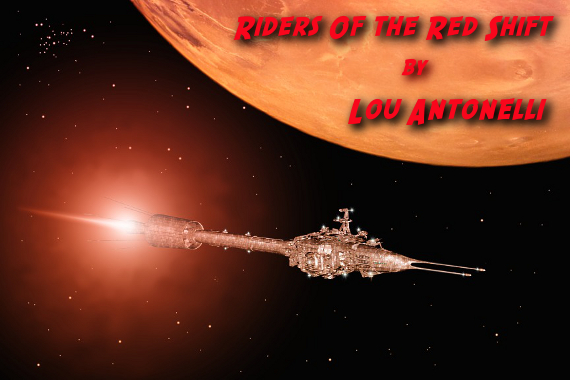
Artwork © Duncan Long
All Rights Reserved.
The airlock closed behind them, cutting off the image of Sedna.
Thompson took off his helmet, and shook his head. “I wouldn’t have believed it if I hadn’t seen it myself, it is almost as red as Mars.”
Marcus had his helmet off. “It’s all hydrocarbon sludge that’s accumulated for almost four billion years,” he said, “since the solar system formed.”
Thompson motioned with his helmet towards the inside of the old space carrier. “Almost as ancient as this thing.”
Marcus walked to the inner door. “Don’t knock this late 21st Century construction,” he said as he punched a button. “It’s sturdy and secure.”
The door opened. Thompson raised his eyebrows.
“See what I mean,” said Marcus with a smile. “No whoosh. The inner and outer pressure is perfectly stabilized.”
“I’m impressed,” said Thompson as he followed Marcus through the door.
The carrier was on a power-saving mode and the lights were dim. Marcus walked over to a panel on a wall and flicked a few switches. As the lights came on, it was apparent to both pilots the hold had once carried much more cargo. A large empty space loomed ahead of them. Across the hold, against the far wall, were three old transport containers.
Thompson took a few steps forward and pointed. “So that’s the last of it then, the last of the old nuclear weapons from Earth.” Marcus walked past him.
“It’s amazing that enough nuclear weapons were built in the second half of the 20th century that they’ve powered the pulse engines for almost 150 years,” he continued.
Thompson looked around. “This old Earth pre-fab construction is amazing. Look at the rivets and bolts and trusses. The parts of this ship were manufactured on Earth and then assembled in Zero G.”
He grabbed the handle of a pallet jack and pulled it towards the three containers. “They’ve been inspected, right?
“The safety crew was here last week,” said Marcus. “All stable, intact and secure.
Thompson moved the pallet jack into position. “Good to know.” He raised the lid of one of the containers. “Holy crap, this thing’s in a wooden cradle.”
Marcus walked over and peered inside. “My God, I haven’t seen wood in years.”
Thompson whistled in amazement. “This thing must go back to the Eisenhower and Khrushchev years, during the First Cold War.
Marcus pointed to a label on the wood. “This warhead had been shipped to the Pantex plant in Texas to be disassembled.”
“Do you think it came with the first Rangers?” asked Thompson.
“Probably. After the fissile material is removed, this needs to be in a museum,” said Marcus. He pointed. “What’s that scrawl on the side? It looks like something hand-written with a marker.”
“Looks like the letters R-O-T.” said Thompson. “”It’s obviously not of the same vintage as the printed label. I wonder what that means?”
“Probably abusive graffiti,” said Marcus. “In old Earth slang ‘You can go rot’ meant the same as ‘Go to hell'”.
Probably a parting comment as the warheads were shipped from Earth,” said Marcus. “People were happy to see them removed and recycled.’
“Your great-grandfather, wasn’t he the last of the original Rangers to pass away?” asked Thompson.
“Yes, he lived to be 108, I knew him when I was little boy,” said Marcus. “He was bitter until the day he died about how the first Rangers were treated, what they endured, and how they suffered from the lack of supplies.”
He made an expansive wave with his hand and changed the subject. “Let’s get all this ancient history loaded up and out of here.”
#
Thompson had grown up on a Mars base, and had only been at the Inner Oort station for two weeks, so he still tended to stare at Sedna through the recreation lounge window.
“Oh, snap the hell out of it,” said Glynn. ‘Stop staring, you’re gawking like a school boy.”
“It’s amazing, Mars is rock and dust and sand, and that ball down there is coated with… what’s it called?”
“Tholin, hydrocarbon slush. We’re lousy with it in the inner Oort. It’s been accumulating since the solar system began to contract. That’s what most of a comet is.”
“Right, and yet, the two planets are almost the same color.”
Glynn smiled. “We’re very close to Sedna, don’t get fooled by its apparent size,” she said. “It’s far from being a planet, more like an asteroid with an attitude.”
She pointed to his sip bottle. “Drink more and try to relax, will you?”
“I’m worried I offended Bill Marcus, or maybe said something I shouldn’t have,” said Thompson. “He didn’t say a word to me all the way back from that old space carrier.”
“Where you picked up the last of the old Earth atomic bombs? Maybe he was worried that old pluto-crap would go off in your hold.”
“Those warheads were so old, they go all the way back to the First Cold War, and came from Texas,” said Thompson. “I mentioned his great-grandfather… ” He trailed off.
Glynn looked concerned. “Oh, he knew the old man, and he knew the stories about what happened to the first Rangers.”
“Yes, I know,, only a half dozen of the original two dozen Rangers were still alive when the relief ship arrived,” said Thompson, “and they had been reduced to eating plastic and reprocessed waste.”
He took a gulp. “No wonder the survivors, like Jay Marcus, were scarred.”
A glow lit up the lounge window. They turned to watch the pulse engine of the next starship transport to the Centauri system light up.
“That’s Captain Billings, he has such a good feel for the stretch to the wormhole,” said Glynn. “He’ll be there in two days. I should know. I’ve been on ships that went all the way up to the entrance of the wormhole.”
Thompson was starting to feel a little tipsy. “Hey, that reminds me of a question I had.”
She smiled. “Which is?”
“I’ve heard you can tell from the color of the after-glow if the pulses are coming from old Earth fissile material,” he asked. “Is that true?”
“I’ve been told there’s no way that can be true,” said Glynn with a smile.
“But?” Thompson smiled back.
“Personally, I think I can detect a red or orange glow in the pulses when some of the old warhead material is used.”
She took another sip. “An old pro told me that old Earth governments put chemical markers in the fissile material they produced so it could be traced, if necessary. Supposedly it’s that addition of rare earth materials that causes colors. Since these markers were secret, nobody knows what they were.”
She looked down. “Those old nation states kept a lot of secrets.”
Thompson put down his bottle. “They sure did.”
There was another sudden glow and they turned again to watch as the starship disappeared on its way to the wormhole.
###
 A life-long science fiction reader, Lou Antonelli turned his hand to writing fiction in middle age; his first story was published in 2003 when he was 46. Since then he has had 81 short stories published in the U.S., U.K., Canada and Australia, in venues such as Asimov’s Science Fiction, Jim Baen’s Universe, Dark Recesses, Andromeda Spaceways In-Flight Magazine, Greatest Uncommon Denominator (GUD), and Daily Science Fiction, among others.
A life-long science fiction reader, Lou Antonelli turned his hand to writing fiction in middle age; his first story was published in 2003 when he was 46. Since then he has had 81 short stories published in the U.S., U.K., Canada and Australia, in venues such as Asimov’s Science Fiction, Jim Baen’s Universe, Dark Recesses, Andromeda Spaceways In-Flight Magazine, Greatest Uncommon Denominator (GUD), and Daily Science Fiction, among others.
His steampunk short story, “A Rocket for the Republic”, was the last story accepted by Dozois before he retired as editor of Asimov’s Science Fiction after 19 years. It was published in Asimov’s in September 2005 and placed third in the annual Readers’ Poll.
His story “Great White Ship”, originally published in Daily Science Fiction, was a 2013 finalist for the Sidewise Award for alternate history.
His collections include “Fantastic Texas” published in 2009 and “Texas & Other Planets” published in 2010. “The Clock Struck None”, a collection of alternate and secret history short stories, is set for a Feb. 14, 2014 release date.
He is a professional journalist and the managing editor of The Daily Tribune in Mount Pleasant, Texas. A Massachusetts native, he moved to Texas in 1985 and is married to Dallas native Patricia (Randolph) Antonelli. They have three adopted furbaby children, Millie, Sugar and Peltro Antonelli. For more information, visit his blog at www.louantonelli,blogspot.com
###
Riders Of the Red Shift is scheduled to appear in the forthcoming Weird Wild West special edition of the magazine Stupefying Stories.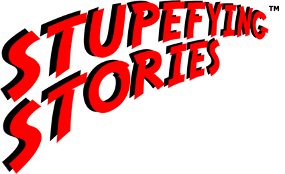
Steve Davidson is the publisher of Amazing Stories.
Steve has been a passionate fan of science fiction since the mid-60s, before he even knew what it was called.


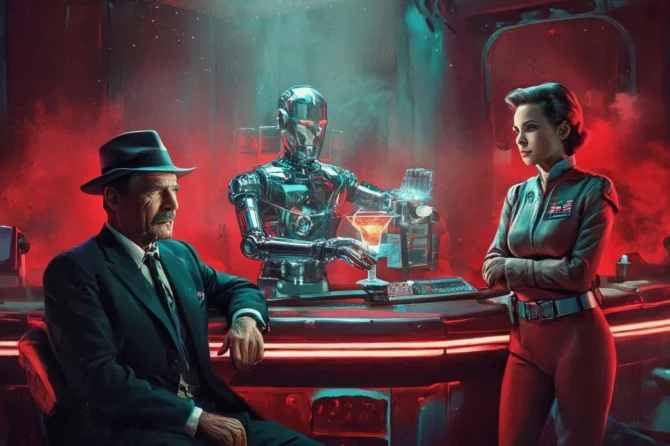

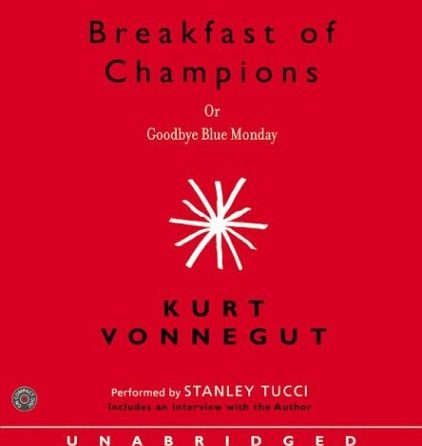
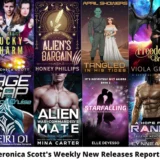




Recent Comments